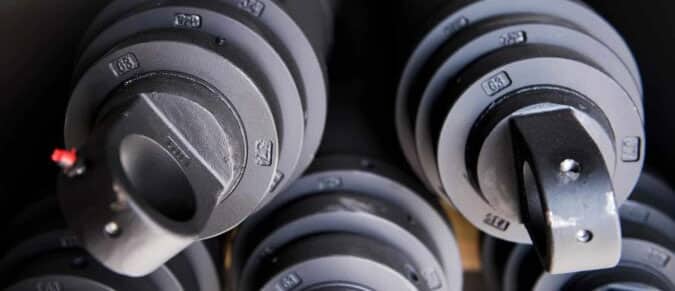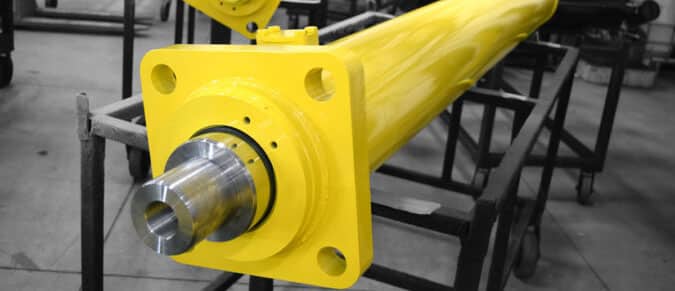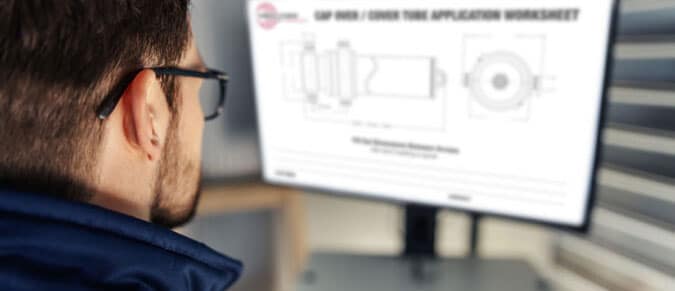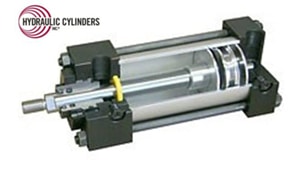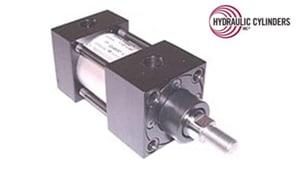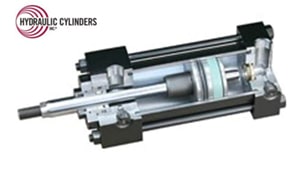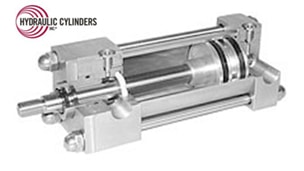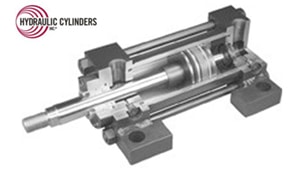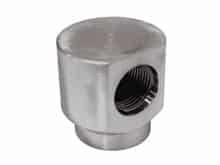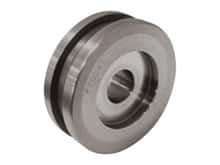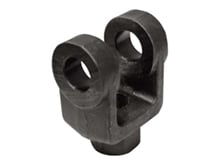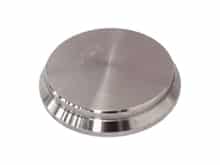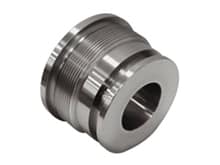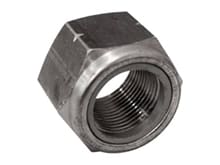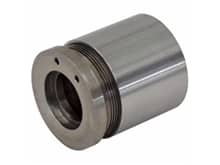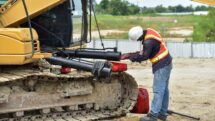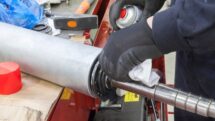Common Causes of Hydraulic Cylinder Failure
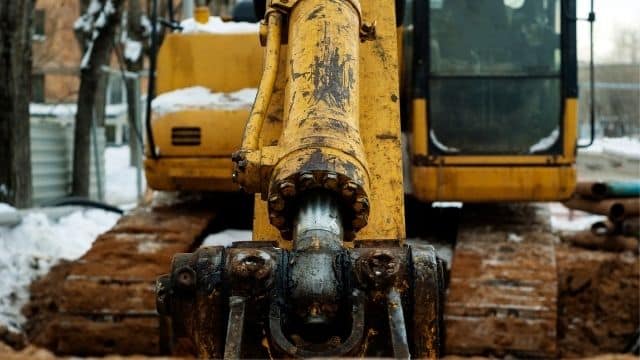 Hydraulic cylinder failure can bring your operations to a standstill, resulting in lost revenue, time, and, potentially, jobs. It is necessary to understand the common causes and symptoms of hydraulic cylinder failure to avoid these costly outcomes.
Hydraulic cylinder failure can bring your operations to a standstill, resulting in lost revenue, time, and, potentially, jobs. It is necessary to understand the common causes and symptoms of hydraulic cylinder failure to avoid these costly outcomes.
Signs and Symptoms of Hydraulic Cylinder Failure
Your hydraulic cylinder will often display symptoms of an issue before a shutdown occurs. You know it’s time to repair your cylinder when your machinery experiences:
- Unusual sounds
- Juddering movements
- Overheating
- Uneven rods
- Leaking fluid
6 Common Causes of Hydraulic Failure
While recognizing the common causes of hydraulic cylinder failure is important, it’s also critical to understand how to prevent failure from occurring. Scheduled routine maintenance remains one of the best ways to prevent system failure. Include these steps in your maintenance protocol to reduce the risk of total hydraulic failure:
- Check for proper alignment and seal installation
- Check that you are using the correct materials and fluids
- Check for uneven wear, tear, or eroded seals
Consult your hydraulic cylinder’s manual before beginning any maintenance. If you are unsure what caused a hydraulic cylinder to fail or how to address the issue, consult a hydraulic cylinder professional.
Hydraulic Fluid Contamination
Hydraulic fluid contamination is the leading cause of hydraulic cylinder failure. Particulates become trapped in the fluid and scratch, scrape, or otherwise damage the inside of the cylinder, resulting in ruined cylinder rod finishes, degraded seals, and other problems.
Seal Failure
Improper installation, physical damage, and excessive heat can cause your hydraulic cylinder seals to fail, as compromised seals struggle to maintain the proper internal pressure. Always include checking or replacing seals in any maintenance routine.
Piston and Rod Damage
Piston and rod damage occurs due to normal wear and tear. When left unaddressed, this damage can lead to bending or side loading, adding unneeded force to your cylinder and resulting in complete hydraulic system failure.
Corrosion of the Hydraulic Cylinder
Corrosion is a concern in almost every industry that operates or stores equipment outdoors. Rust and pitting on pistons, rods, and other cylinder components will result in cylinder failure if left unaddressed. Stop corrosion before it occurs or worsens by using grease or other lubricants to protect your hydraulic cylinder.
Cylinder Bore Scoring
When deep gouges or scuffs appear on the interior of the bore walls, your hydraulic cylinder will not have adequate support when fully extended. Bore scoring is caused by increased side load, improper mounting, or alignment issues. A replacement hydraulic cylinder may need to be purchased to address the issue.
Split Welds
One of the most catastrophic failures possible for a hydraulic cylinder, split welds occur when a welded surface, such as a mounting point, cracks due to excessive force applied to the cylinder. Split welds happen due to improper operations, external impacts, or unmaintained hydraulic systems. If ignored, hydraulic cylinders with split welds can injure workers, damage other equipment, and have other critical consequences.
If your hydraulic cylinder suffers a split weld, you must purchase a new hydraulic cylinder or order a custom-manufactured option. Hydraulic Cylinders, Inc. can help. Our hydraulic cylinders and cylinder component parts are built to last and specifically designed to help you avoid catastrophic failures, unexpected repairs, or costly downtime. We’ll keep your job site moving through same-shipping on all in-stock inventory.
Contact us today to learn more about how to avoid these common causes of hydraulic cylinder failure or extend the lifespan of your equipment. Request a quote for specialty orders.

